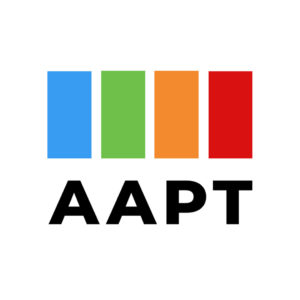More ONLINE first from v.3
Three more of the articles in the upcoming issue on Inclusive Pedagogies, edited by Kelly A. Burns, are available on PDC’s website. Check them out!
Patrick Clipsham
Using Small-Group Discussion Activities to Create a More Inclusive Classroom
This paper is meant to engage with philosophy teachers who are interested in creating a more inclusive environment by using small group discussion exercises. I begin this paper by describing the connections between the inclusive classroom and the collaborative classroom. I then articulate two learning goals that group discussion exercises can help students accomplish and define these learning goals as philosophical discovery and philosophical creation. Finally, I discuss a number of activities that encourage students to accomplish these learning goals in small groups and describe how the incorporation of these exercises has affected the inclusivity of my own classes.
Cathleen Muller
Journaling and Pre-Theoretical Discussion as Inclusive Pedagogy
When one thinks about inclusive pedagogy, it is tempting to focus solely on adding more diverse voices to one’s syllabus. While this technique is valuable and important, one can also promote inclusivity by encouraging and supporting the diverse voices of one’s own students. In this paper, I argue that two practices—low-stakes journal assignments and the pre-theoretical discussion of student thoughts about a topic before any readings have been assigned—promote inclusivity by encouraging and supporting a wide range of perspectives in the classroom, because such methods foster the students’ individual voices, experiences, and beliefs and demonstrate that they are valued and respected.
Caroline Christoff
Beyond Providing Accommodations:
How to be an Effective Instructor and Ally to Students with Learning Disabilities
In this essay, I provide some insights on how to instruct students with learning disabilities. The first half of this essay deals with the theoretical issue of equal opportunity. I begin by examining the question of access and consider the various ways philosophy remains inaccessible to students with learning disabilities. Then, I use the legal definition of accommodation to argue that it is possible to make philosophy courses accessible to students with learning disabilities without fundamentally altering the nature of these courses. Finally, I point out several reasons for preferring the accessibility model of equal opportunity in education over the accommodation model. The second half of this essay proceeds to highlight several pedagogical practices an instructor can employ to create an inclusive college-level philosophy course under the accessibility model. Specifically, I provide recommendations for how to write effective accessibility statements, develop inclusive course design, ensure equal assessment opportunities, utilize technology in the classroom, and maintain strong academic relationships between instructors and students.
Carmen Adel and Joseph Ulatowski
Breaking the Language Barrier
Using Translations for Teaching Introductory Philosophy
Some students who possess the same cognitive skill set as their counterparts but who neither speak nor write English fluently have to contend with an unnecessary barrier to academic success. While an administrative top-down approach has been in progress for many years to address this issue, enhancement of student performance begins in the classroom. Thus, we argue that instructors ought to implement a more organic bottom-up approach. If it is possible for instructors to make class content available in other languages, such as Spanish, without thereby compromising something of comparable pedagogical value, then they ought to do so. In fact, we provide here Anselm’s Ontological Argument rendered in Spanish to show how, when translated, it provides native Spanish speakers with greater accessibility to difficult material. Then, we consider the possible beneficial implications of doing so for university students.
